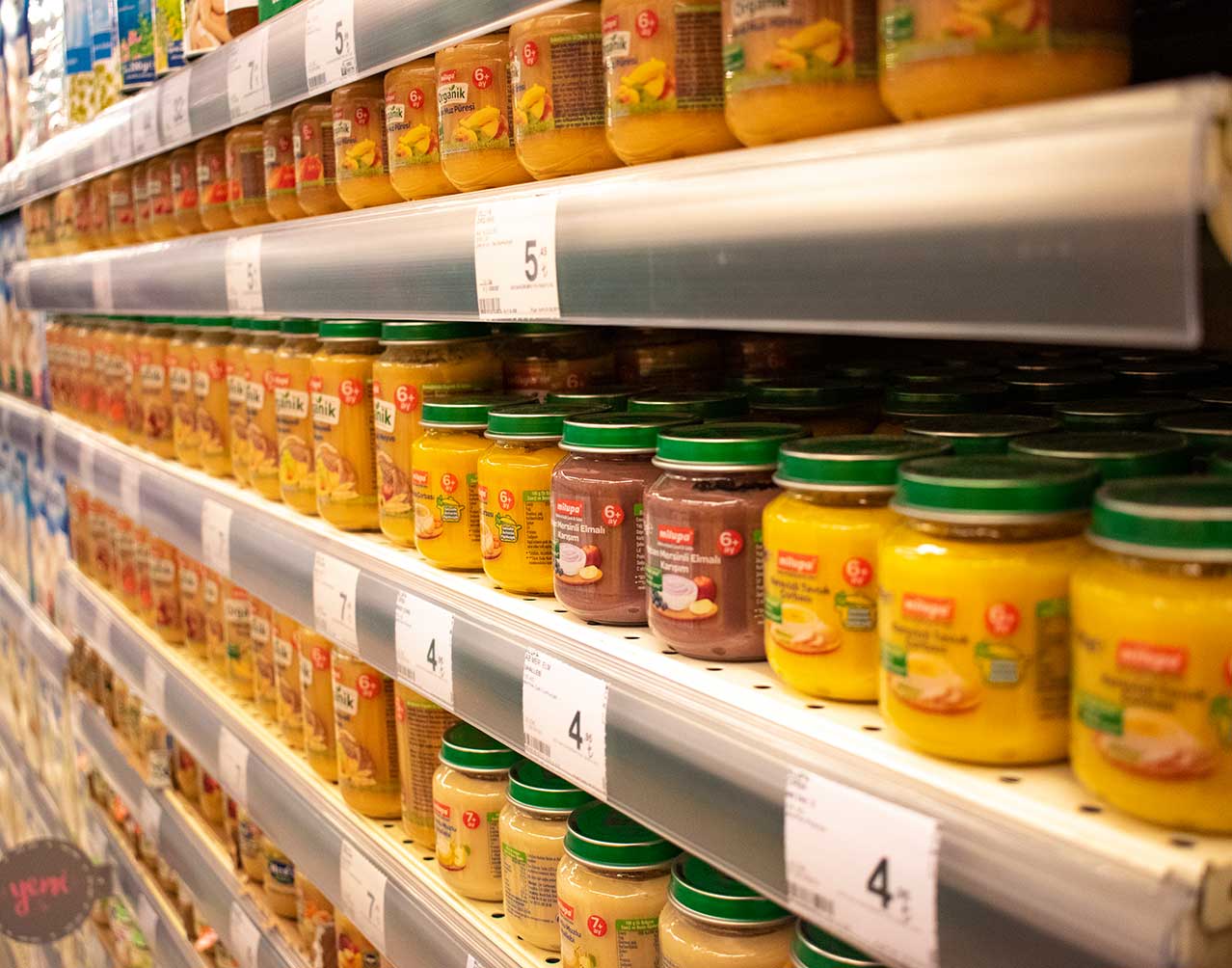Topic/Category
Year
Topic/Category
Year
The Australian Food & Grocery Council (AFGC) is driven by the purpose of Sustaining Australia.

A thriving and trusted grocery supply industry, delivering jobs, economic growth and helping people to live well.

To be the voice of Australia’s food, beverage and grocery manufacturers and a valued service provider to members.

As an organisation, our goal is to be progressive, influential and sustainable. We focus on:
We do all this with integrity, collaboration and innovation.

Through our advocacy work, we are calling on industry to double the value of the industry to nearly $250 billion by 2030. This is a national priority.
Our strategic priorities are:
The AFGC promotes ideas and policies that enable Australian food, beverage and grocery businesses to sustain the industry’s competitiveness, improve trading conditions, and support growth and profitability.

The AFGC supports:
